Royal Thai Police
“IN RECOGNITION FOR YOUR DISTINGUISHED DEDICATION TO THE LAW ENFORCEMENT PROFESSION, YOUR PROFESSIONALISM AND COMMITMENT REFLECTS HIGHLY UPON OUR LAW ENFORCEMENT PROFESSION. THE LOS ANGELES COUNTY SHERIFF’S DEPARTMENT JOINS YOU AND IS LOOKING FORWARD TO A CONTINUING RELATIONSHIP WITH YOUR DEPARTMENT.”
OCTOBER 2005
“IN RECOGNITION FOR YOUR DISTINGUISHED DEDICATION TO THE LAW ENFORCEMENT PROFESSION, YOUR PROFESSIONALISM AND COMMITMENT REFLECTS HIGHLY UPON OUR LAW ENFORCEMENT PROFESSION. THE LOS ANGELES COUNTY SHERIFF’S DEPARTMENT JOINS YOU AND IS LOOKING FORWARD TO A CONTINUING RELATIONSHIP WITH YOUR DEPARTMENT.”
OCTOBER 2005
Veteran correspondent Maxmilian Wechsler recalls some of his most interesting and exclusive assignments from the past two decades.
FROM THE YEAR 2005
After being ‘absent’ for some time, well-known crime-buster Police General Sereepisut Taemeeyaves takes up where he left off to clean up Thailand.
Police General Sereepisut Taemeeyaves, Deputy Commissioner-General of the Royal Thai Police, is once again making headlines, both in the local media and international press.
The officer is not out for publicity, however. He is on a crusade against the mafia who extort money, threaten people and inflict huge financial losses to the government in order to put millions of baht into their own pockets. His campaign against the Thai mafia has already resulted in the apprehension of many suspects, some of them government servants and even “men in uniform.”
One of his staff members confided that his crusade against criminals – “whoever and wherever they are” – had come to a halt a few years ago for reasons that no one in his office really wanted to talk about. Pol Gen Sereepisut himself said: “If your superiors don’t give you any important assignment, how can you show your ability?”
His office, located at the Royal Thai Police headquarters, is in a state of controlled chaos, with officials working at all hours while ordinary citizens come to express their grievances and ask for help.
His small private corner is decorated with no fancy furniture, only the cabinets for the files and documents needed to keep him up to date on a large number of investigations.
“I have been in the police force for many years,” said one of the policemen in his office, “but working here is the most active. My boss doesn’t allow much rest. We have to work around the clock. His comeback will definitely benefit our country. He is the worst nightmare for the mafia, and with three years before his retirement, they should brace for more troubles.”
Pol Gen Sereepisut admitted that he is facing an acute shortage of personnel, equipment and other resources. “I need more support from my superiors. For example, I need them to provide me with official vehicles. My staff and myself must arrange our own transportation. I have to ‘borrow’ policemen from other departments, which is not always easy. With more staff, equipment and budget, we could perform our assignments more efficiently,” he said modestly.
After being ‘absent’ for some time, well-known crime-buster Police General Sereepisut Taemeeyaves takes up where he left off to clean up Thailand.
Police General Sereepisut Taemeeyaves, Deputy Commissioner-General of the Royal Thai Police, is once again making headlines, both in the local media and international press.
The officer is not out for publicity, however. He is on a crusade against the mafia who extort money, threaten people and inflict huge financial losses to the government in order to put millions of baht into their own pockets. His campaign against the Thai mafia has already resulted in the apprehension of many suspects, some of them government servants and even “men in uniform.”
One of his staff members confided that his crusade against criminals – “whoever and wherever they are” – had come to a halt a few years ago for reasons that no one in his office really wanted to talk about. Pol Gen Sereepisut himself said: “If your superiors don’t give you any important assignment, how can you show your ability?”
His office, located at the Royal Thai Police headquarters, is in a state of controlled chaos, with officials working at all hours while ordinary citizens come to express their grievances and ask for help.
His small private corner is decorated with no fancy furniture, only the cabinets for the files and documents needed to keep him up to date on a large number of investigations.
“I have been in the police force for many years,” said one of the policemen in his office, “but working here is the most active. My boss doesn’t allow much rest. We have to work around the clock. His comeback will definitely benefit our country. He is the worst nightmare for the mafia, and with three years before his retirement, they should brace for more troubles.”
Pol Gen Sereepisut admitted that he is facing an acute shortage of personnel, equipment and other resources. “I need more support from my superiors. For example, I need them to provide me with official vehicles. My staff and myself must arrange our own transportation. I have to ‘borrow’ policemen from other departments, which is not always easy. With more staff, equipment and budget, we could perform our assignments more efficiently,” he said modestly.
Crackdown on extortion
Pol Gen Sereepisut’s most well-known case is probably the break-up of the gang that was extorting money from hundreds of street vendors at the Bo Bae garment market in Bangkok.
Pol Gen Sereepisut is also chairman of the Committee Against Roadside Mafia, whose objective is to eradicate the mafia’s activities and overhaul the system at Bo Bae.
He said that extortion had been going on at the market for a long time and that some government officials were involved. This contributed to the perception that they could get away with violent acts.
“That’s why the prime minister and Deputy Prime Minister Chidchai Wannasathit made me in charge of enforcing law and order for street vending in the area.
“Since we started the suppression of the mafia at Bo Bae in April, until the crackdown stopped in September, we have successfully prosecuted 93 cases involving 199 suspects. No more offences have been reported after the crackdown. I can say that they [mafia] have gone and no extortion is going on there at this moment. I have a number of undercover men there,” said the officer.
However, some vendors are still pessimistic. Because of their suspicions about the state system, they don’t believe that the extortion gang has been really wiped out.
One garment vendor said: “After a while, when the publicity subsides, the gangsters will return. As far as we know, not even one mastermind was arrested.”
A policeman attached to the local Phlapphia Chai 1 police station said the police know who are behind the extortion racket but they can’t do anything because his underlings do not dare to implicate them for fear of their own safety.
Pol Gen Sereepisut acknowledged that the gang has not been eliminated. “I know that some bad people, including some in uniform, are still roaming around the market, waiting for the opportunity to resume their business, which has made them and the people behind them a lot of money. At this moment they are afraid,” he said.
Inside the market there is a red fan with the written message: “If you are intimidated or asked for protection money, please inform Pol Gen Sereepisut Taemeeyaves,” with a PO Box number, phone numbers and website address.
Vendors at another Bangkok market in Klong Toey also lodged a complaint with Pol Gen Sereepisut about extortion. The officer asked the vendors: “Why are you paying money to the extortionists and why are you afraid of them?” They replied that when someone refused to pay, the gangsters would harass them, so they had to comply with the mafia.
Afterwards, Pol Gen Sereepisut ordered the Thonglor police station, which has jurisdiction over the market, to take “resolute action” against the offenders. A number of them were arrested and some had their assets seized as well. The extortion stopped and everything is quiet there now.
After inspecting street vending locations in many areas of Bangkok, Pol Gen Sereepisut has urged the Bangkok Metropolitan Administration to take action against those who obstruct footpaths, as pedestrians are forced to walk on the road and risk being run over.
Pol Gen Sereepisut’s most well-known case is probably the break-up of the gang that was extorting money from hundreds of street vendors at the Bo Bae garment market in Bangkok.
Pol Gen Sereepisut is also chairman of the Committee Against Roadside Mafia, whose objective is to eradicate the mafia’s activities and overhaul the system at Bo Bae.
He said that extortion had been going on at the market for a long time and that some government officials were involved. This contributed to the perception that they could get away with violent acts.
“That’s why the prime minister and Deputy Prime Minister Chidchai Wannasathit made me in charge of enforcing law and order for street vending in the area.
“Since we started the suppression of the mafia at Bo Bae in April, until the crackdown stopped in September, we have successfully prosecuted 93 cases involving 199 suspects. No more offences have been reported after the crackdown. I can say that they [mafia] have gone and no extortion is going on there at this moment. I have a number of undercover men there,” said the officer.
However, some vendors are still pessimistic. Because of their suspicions about the state system, they don’t believe that the extortion gang has been really wiped out.
One garment vendor said: “After a while, when the publicity subsides, the gangsters will return. As far as we know, not even one mastermind was arrested.”
A policeman attached to the local Phlapphia Chai 1 police station said the police know who are behind the extortion racket but they can’t do anything because his underlings do not dare to implicate them for fear of their own safety.
Pol Gen Sereepisut acknowledged that the gang has not been eliminated. “I know that some bad people, including some in uniform, are still roaming around the market, waiting for the opportunity to resume their business, which has made them and the people behind them a lot of money. At this moment they are afraid,” he said.
Inside the market there is a red fan with the written message: “If you are intimidated or asked for protection money, please inform Pol Gen Sereepisut Taemeeyaves,” with a PO Box number, phone numbers and website address.
Vendors at another Bangkok market in Klong Toey also lodged a complaint with Pol Gen Sereepisut about extortion. The officer asked the vendors: “Why are you paying money to the extortionists and why are you afraid of them?” They replied that when someone refused to pay, the gangsters would harass them, so they had to comply with the mafia.
Afterwards, Pol Gen Sereepisut ordered the Thonglor police station, which has jurisdiction over the market, to take “resolute action” against the offenders. A number of them were arrested and some had their assets seized as well. The extortion stopped and everything is quiet there now.
After inspecting street vending locations in many areas of Bangkok, Pol Gen Sereepisut has urged the Bangkok Metropolitan Administration to take action against those who obstruct footpaths, as pedestrians are forced to walk on the road and risk being run over.

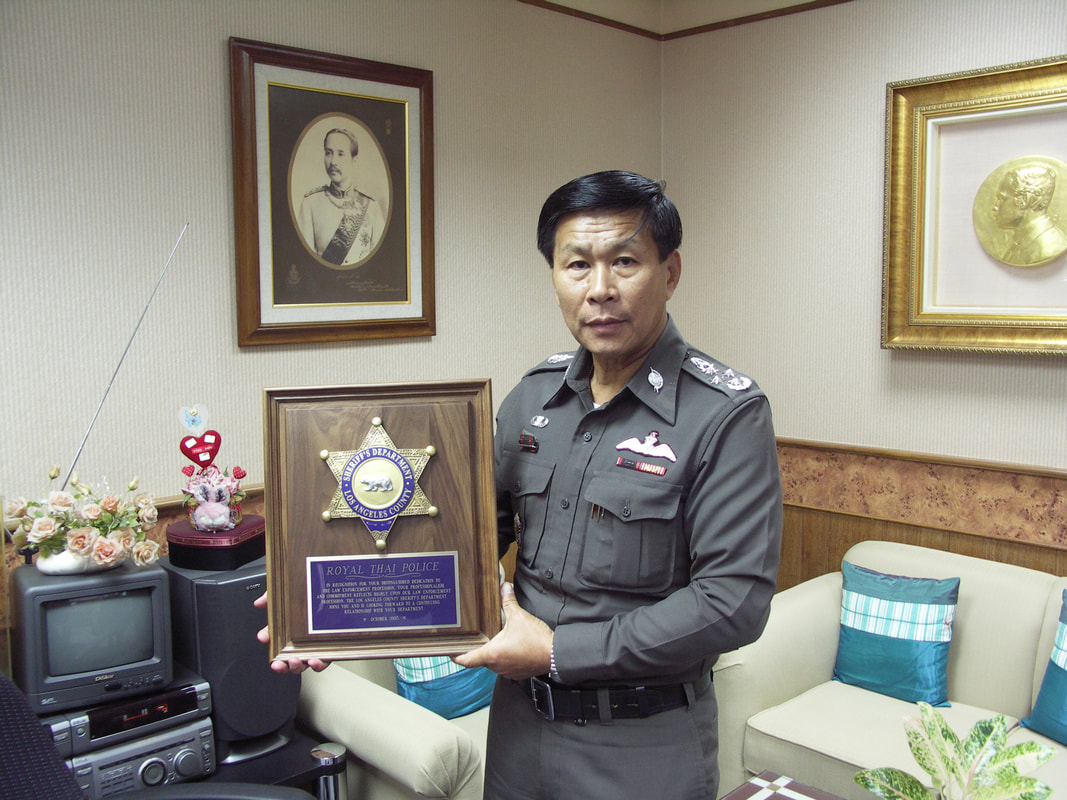
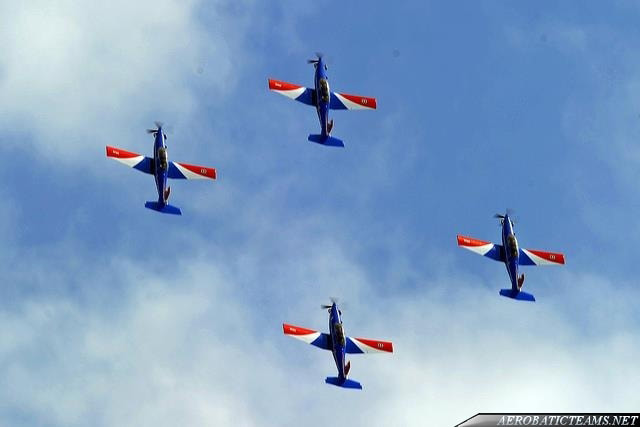
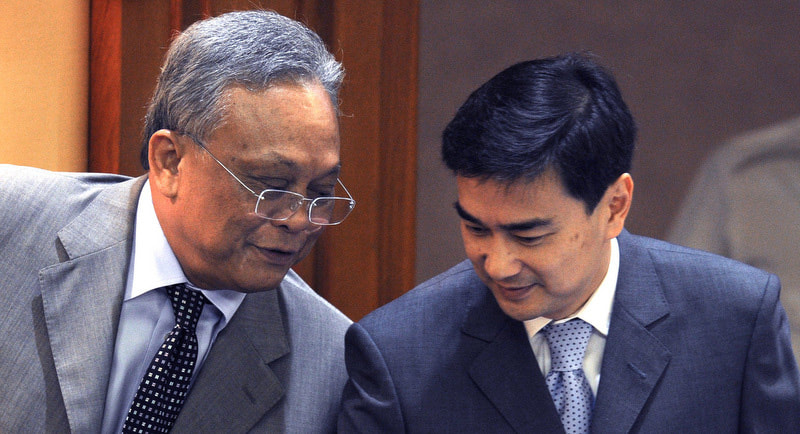
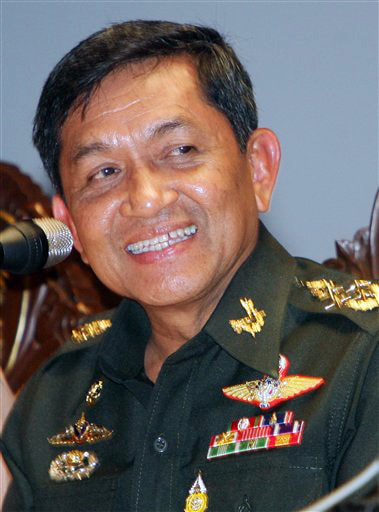
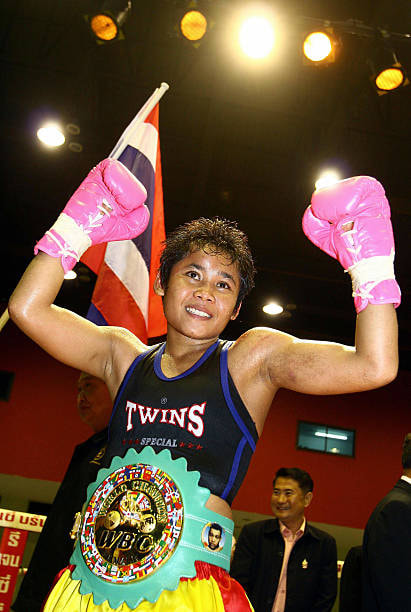
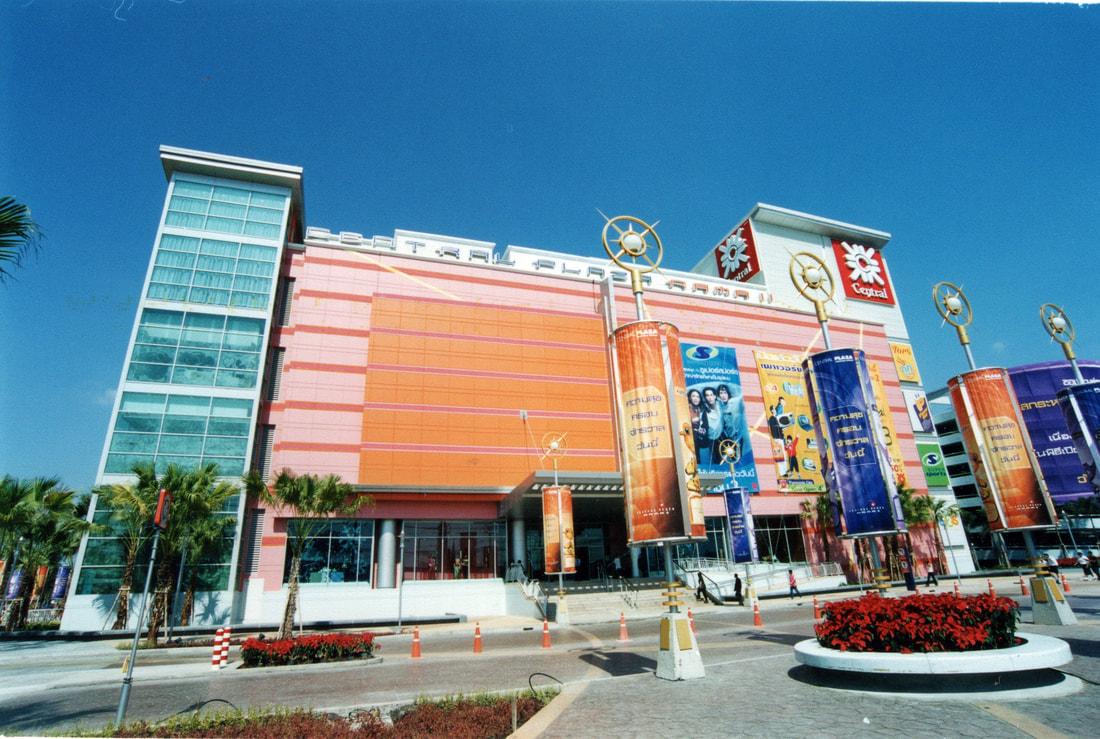
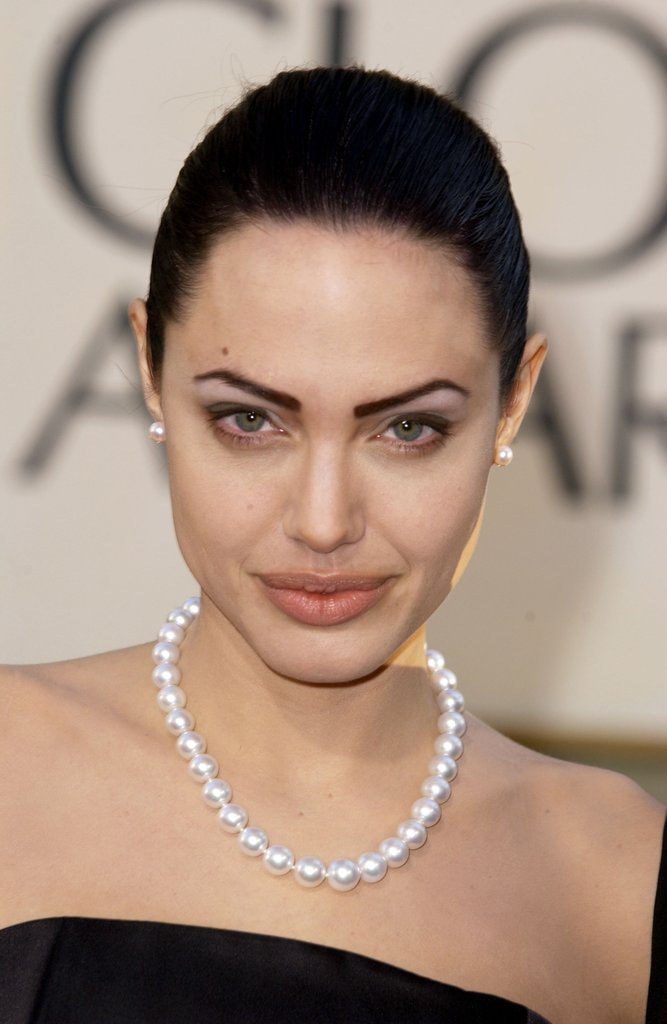
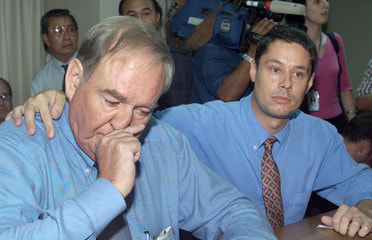
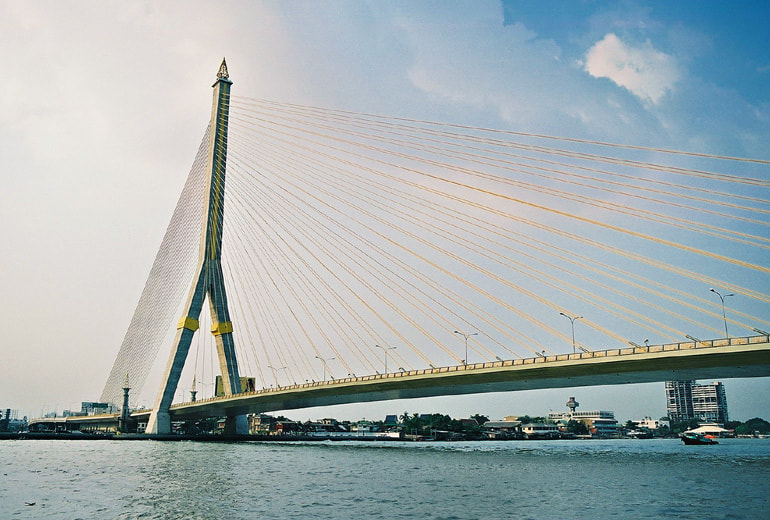
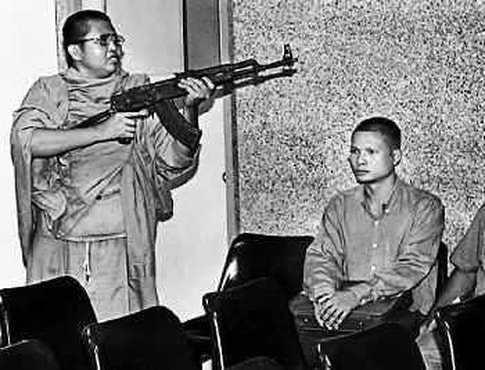
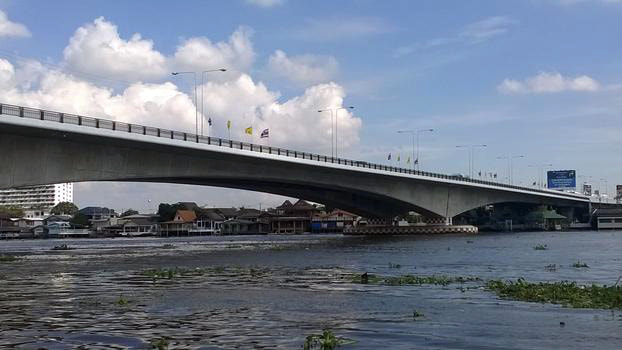
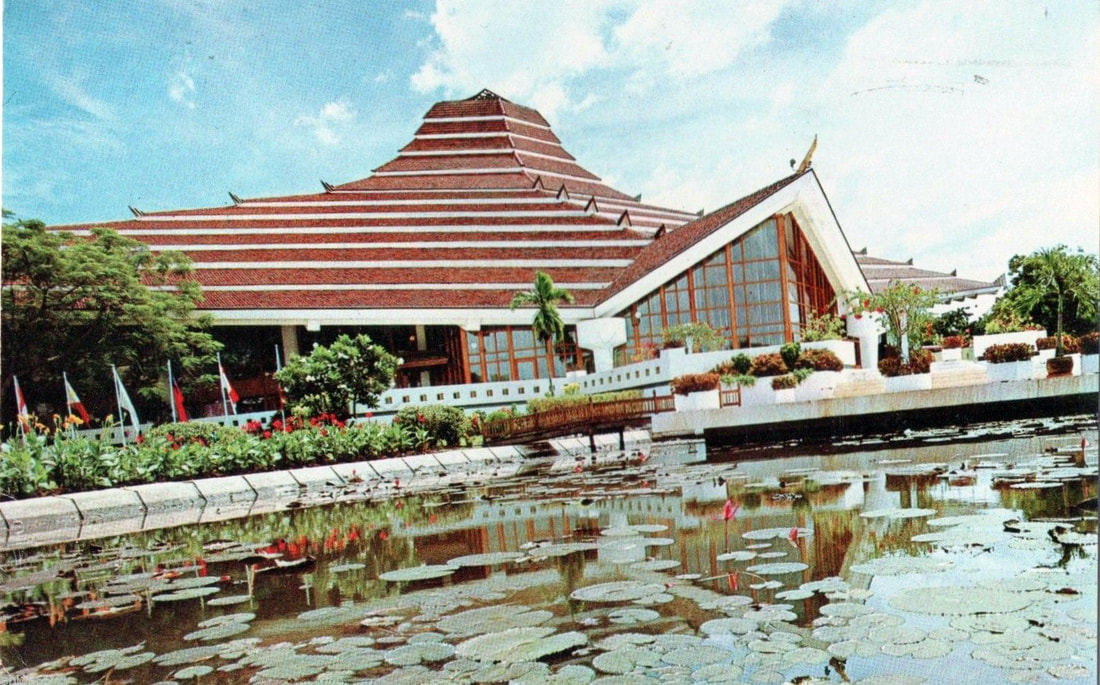
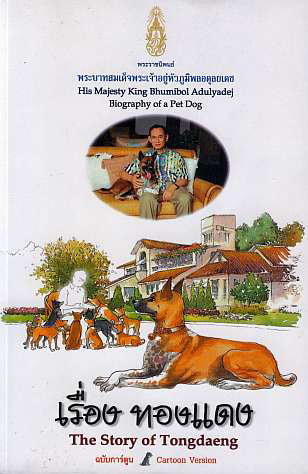
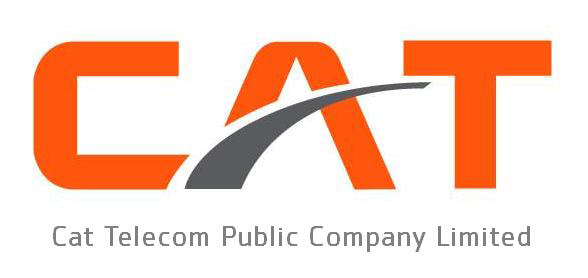
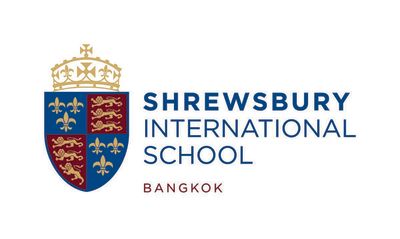
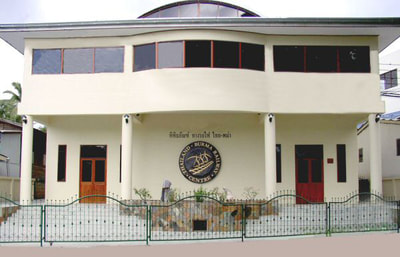
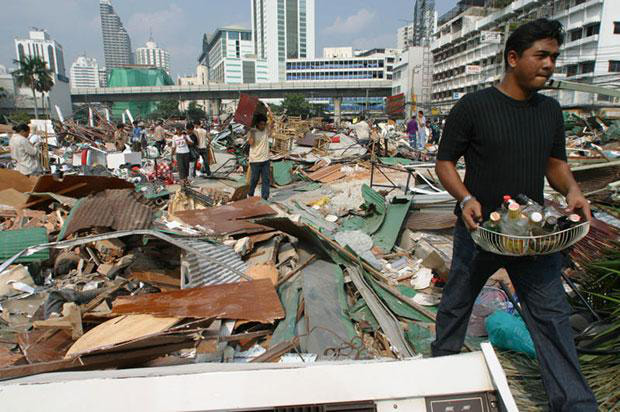
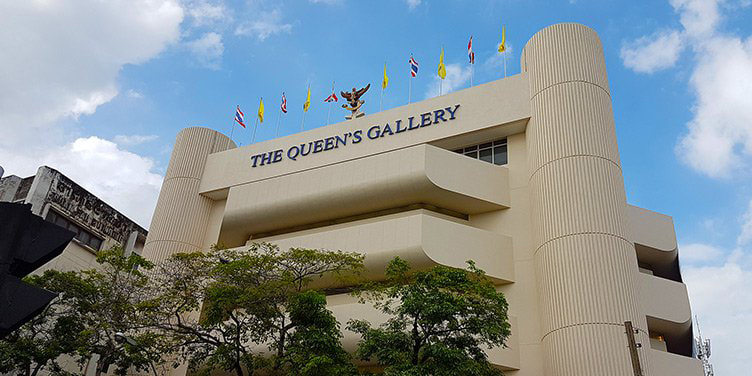
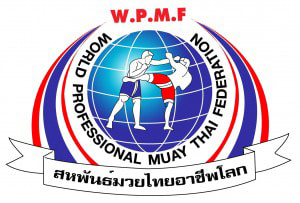

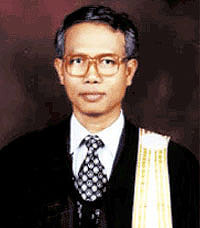
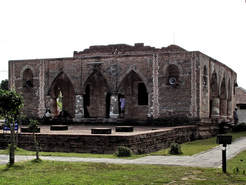
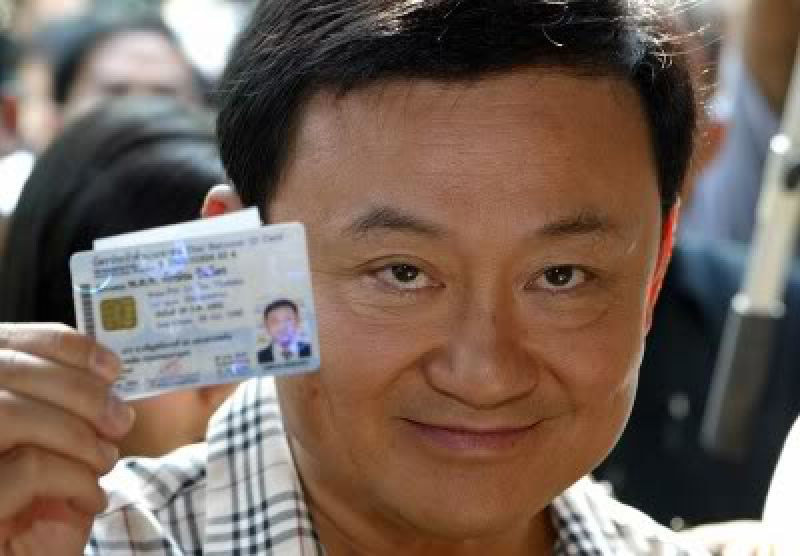
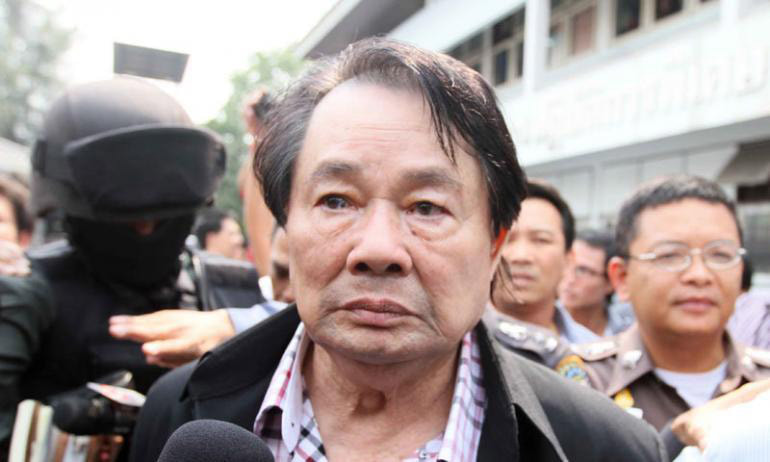
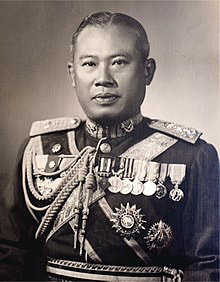
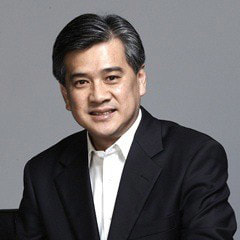
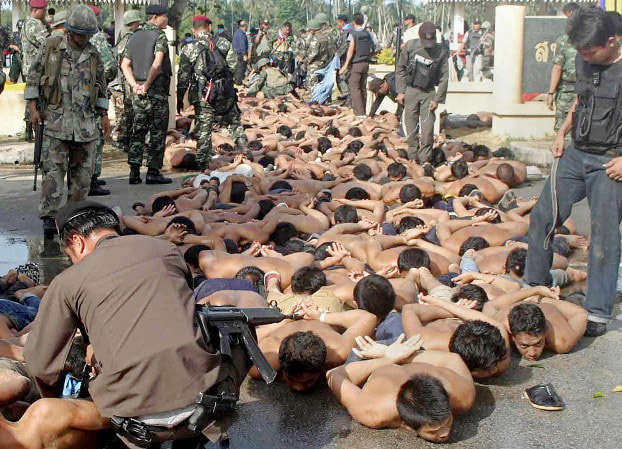
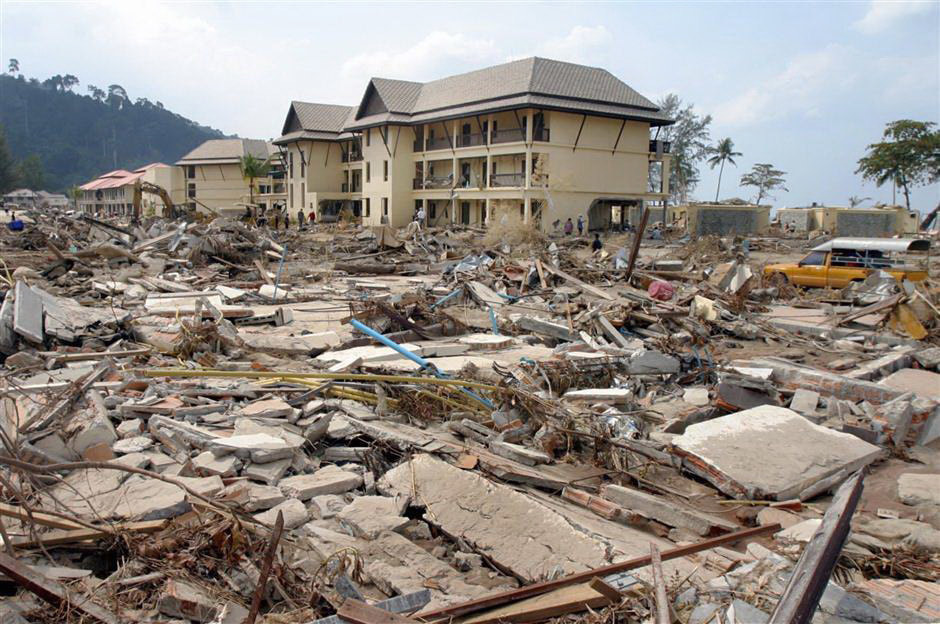
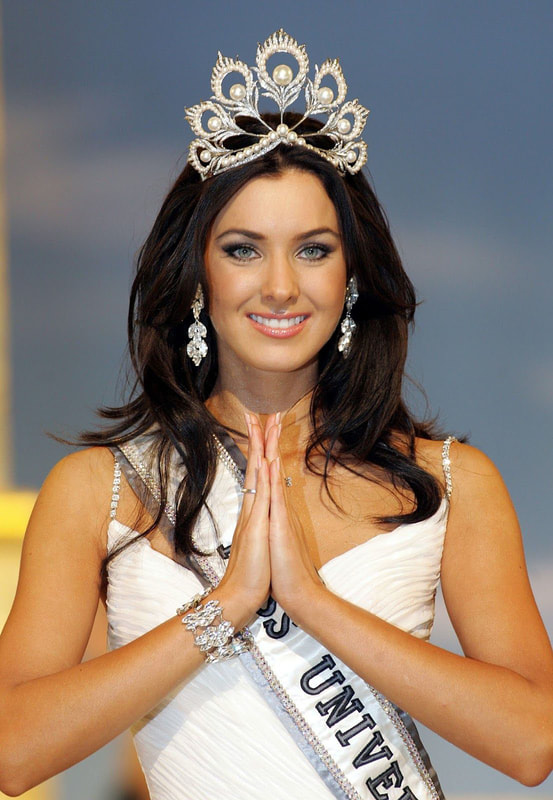
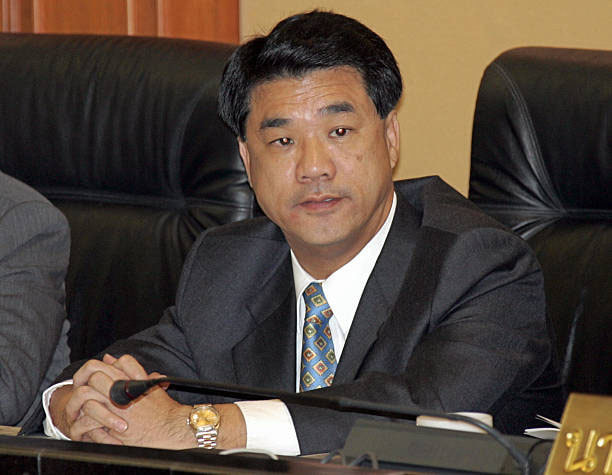
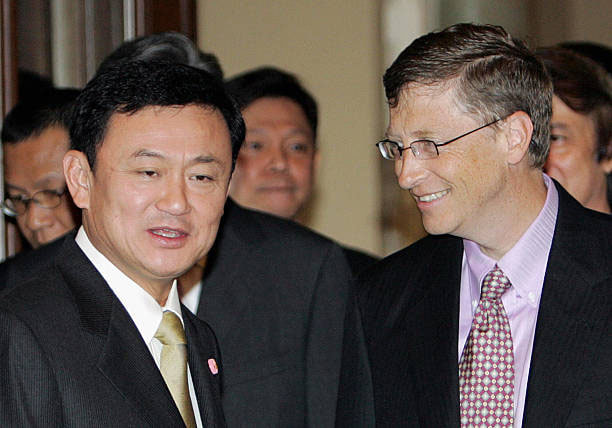
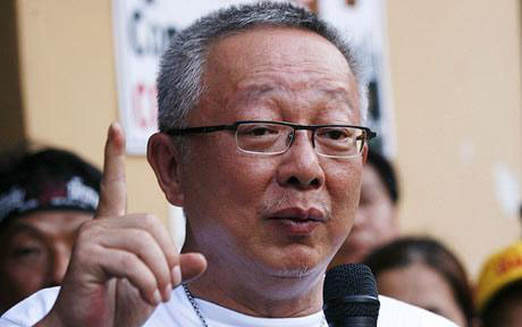
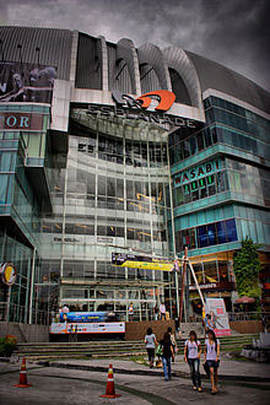
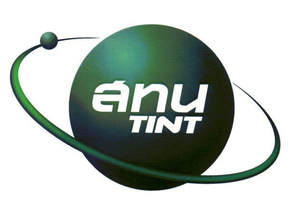
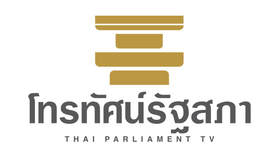
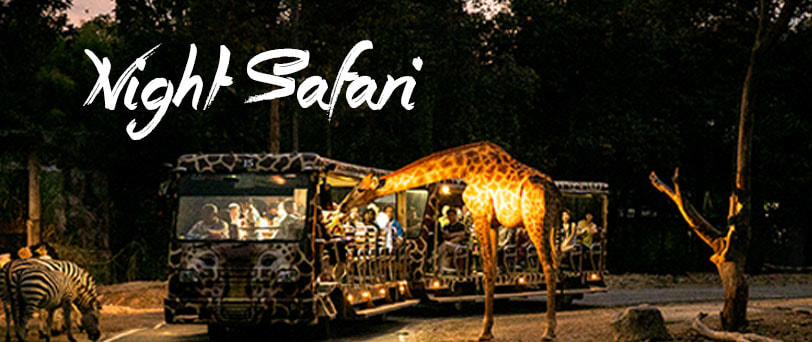
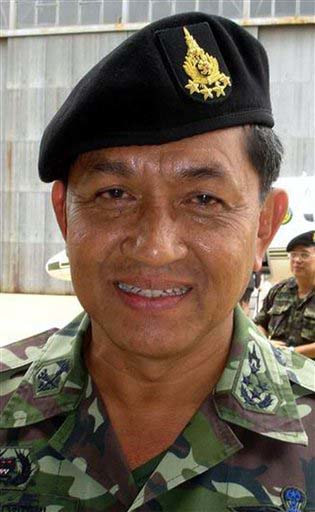
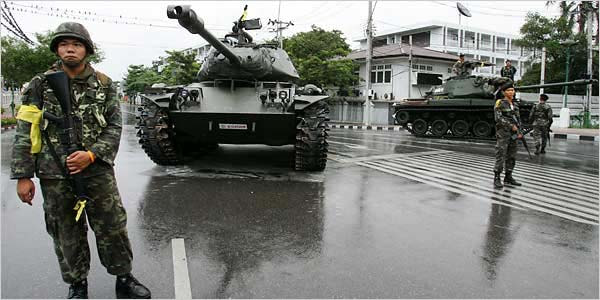
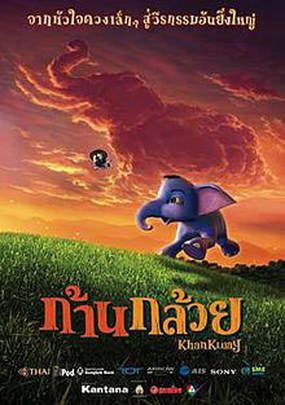

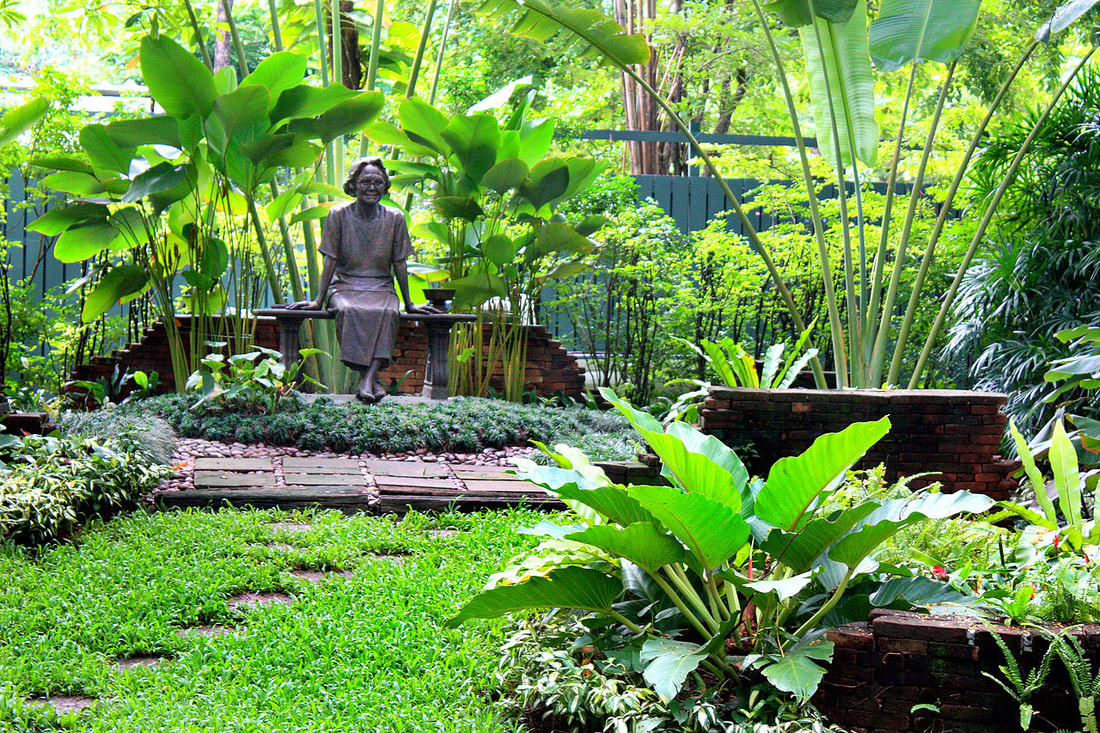
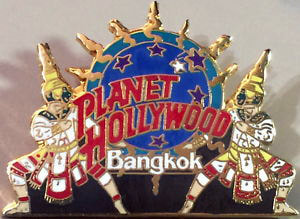
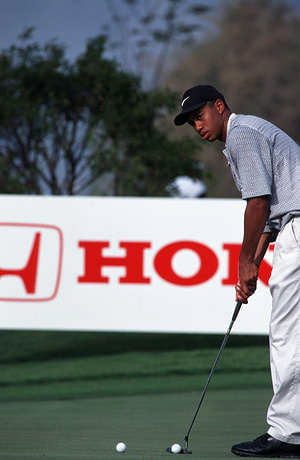
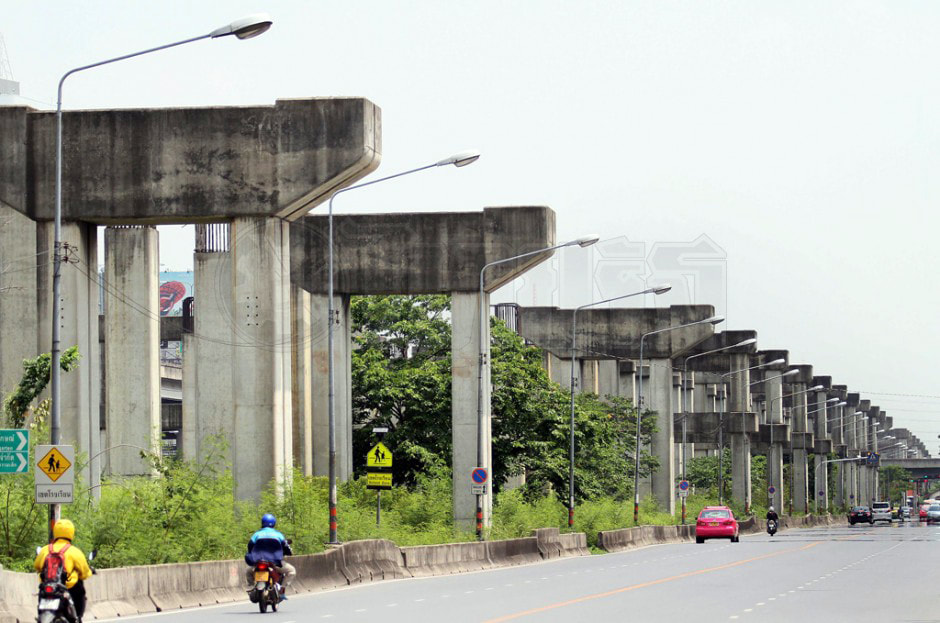
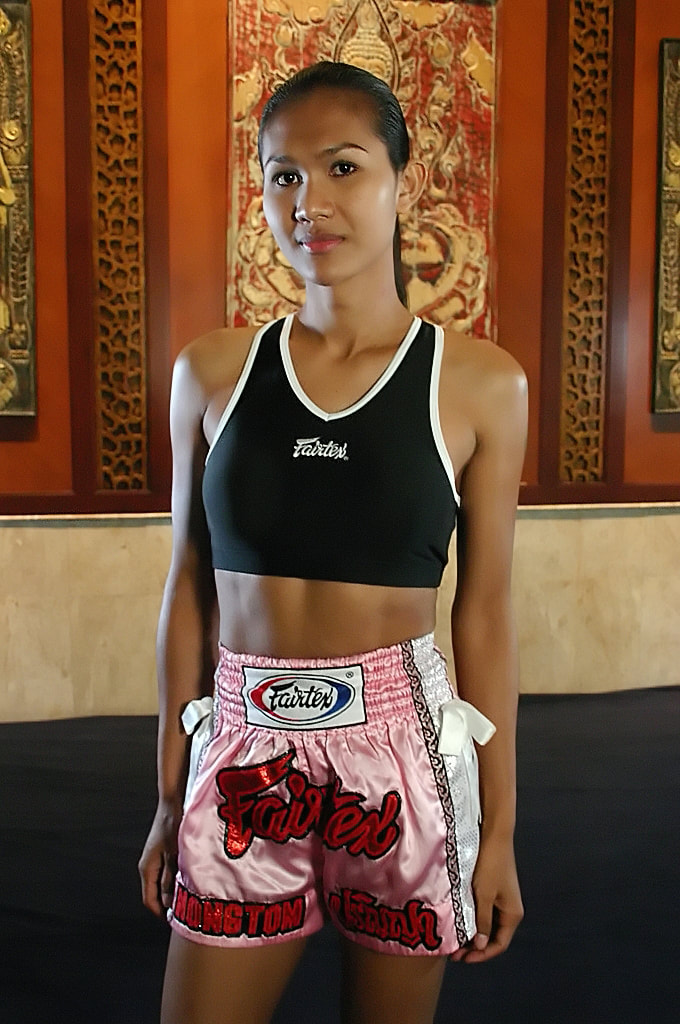
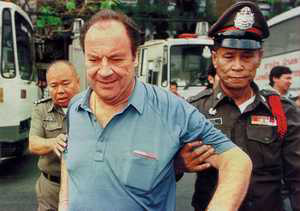
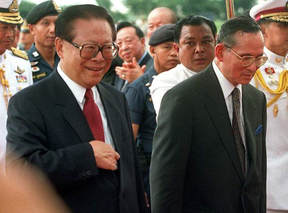
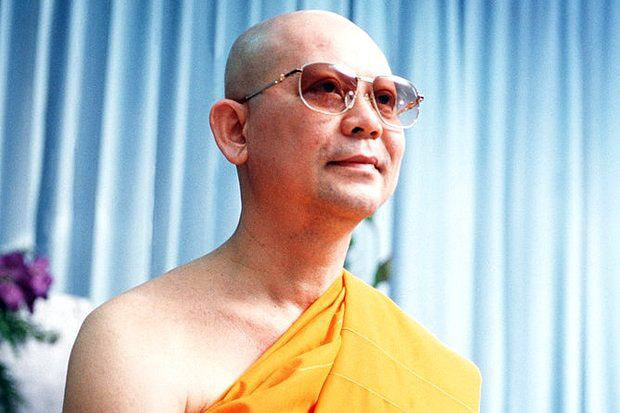
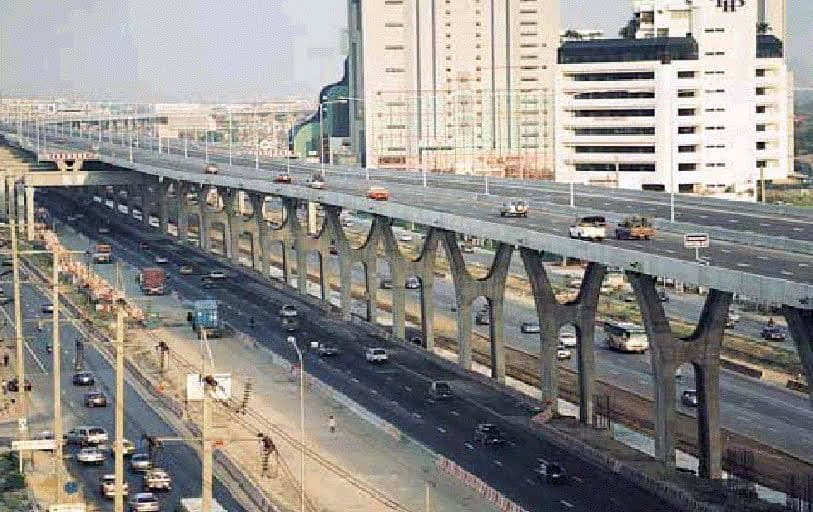
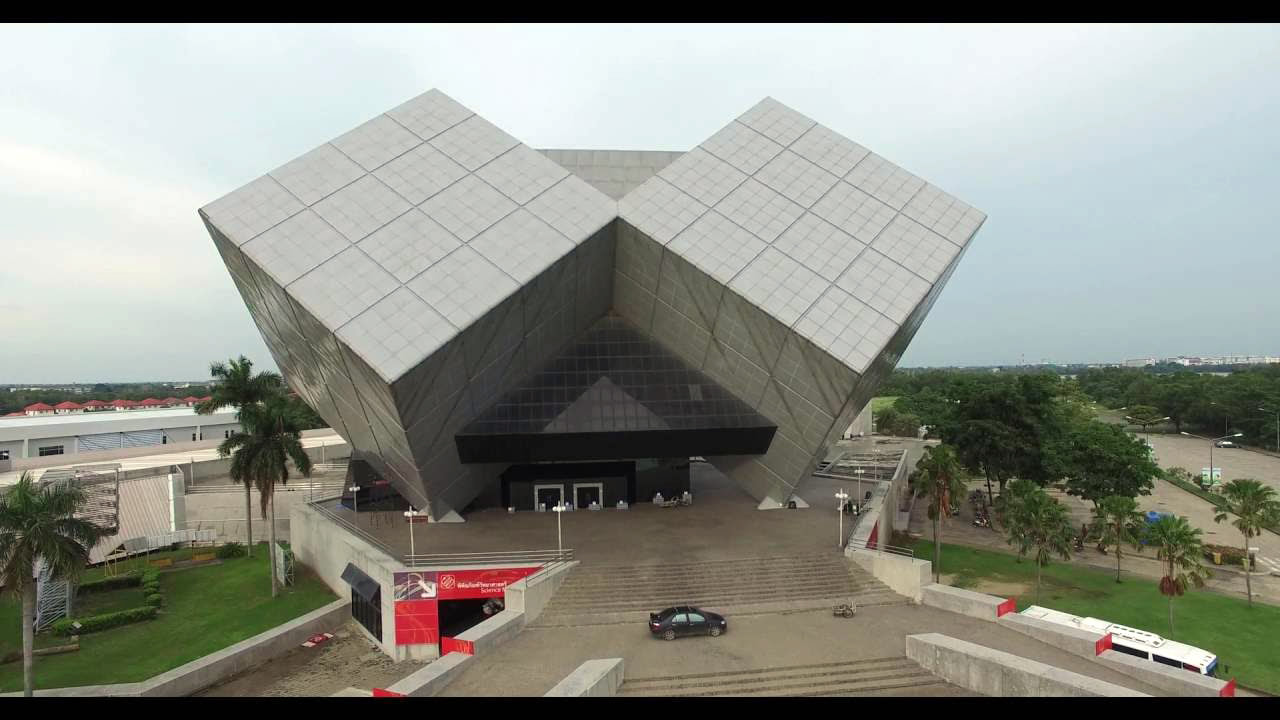
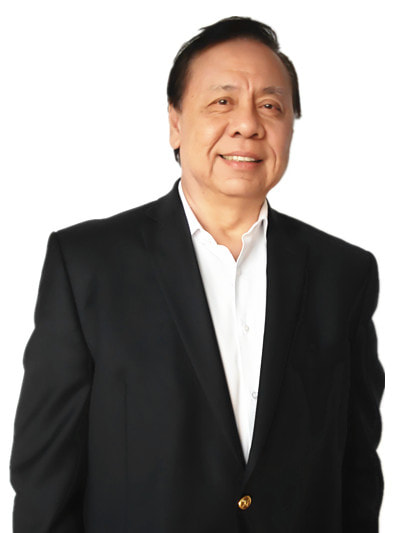
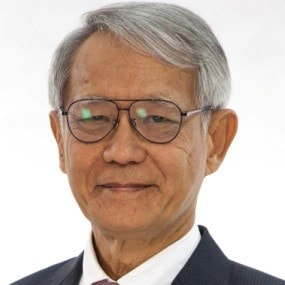
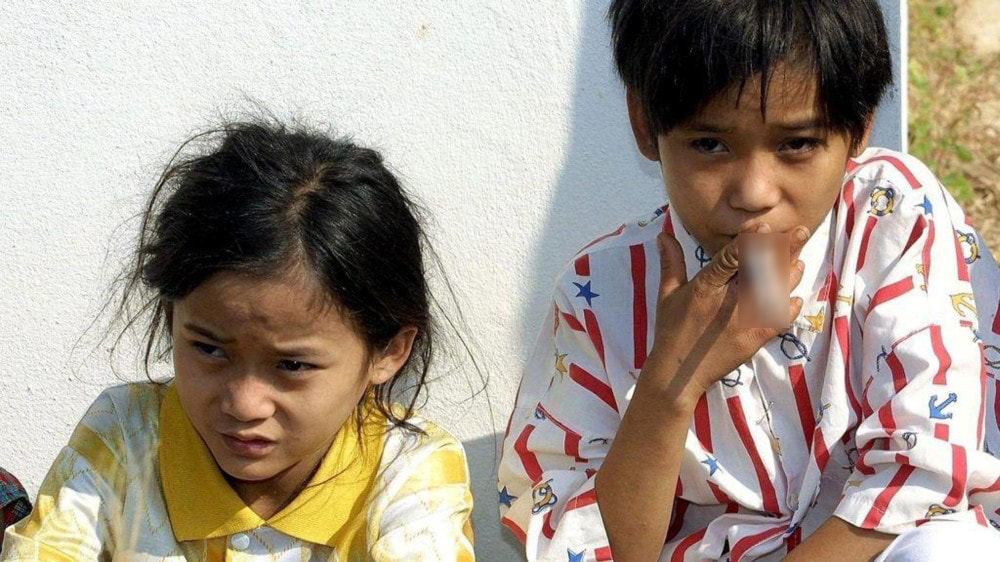
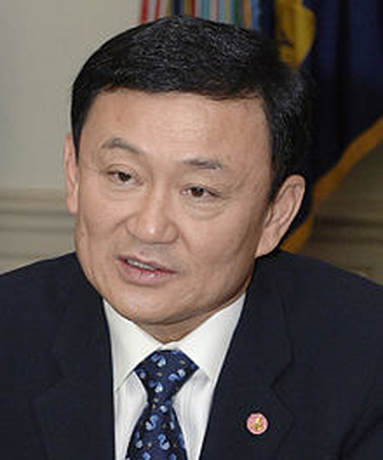

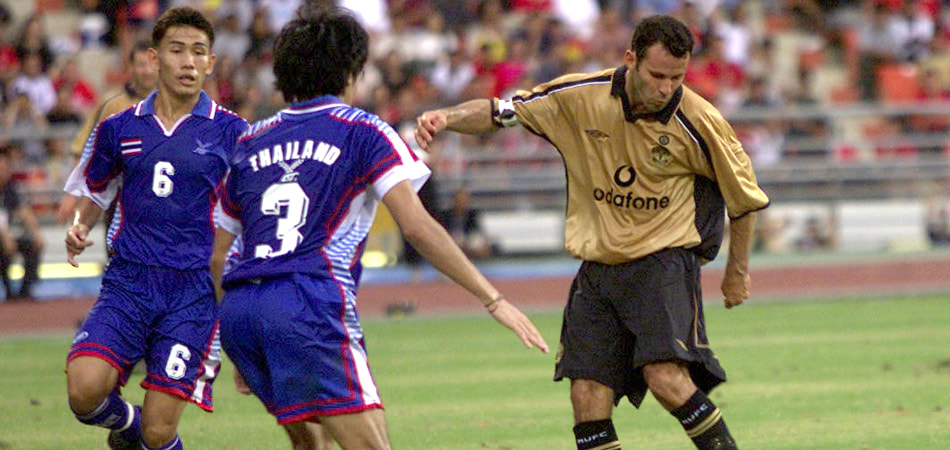
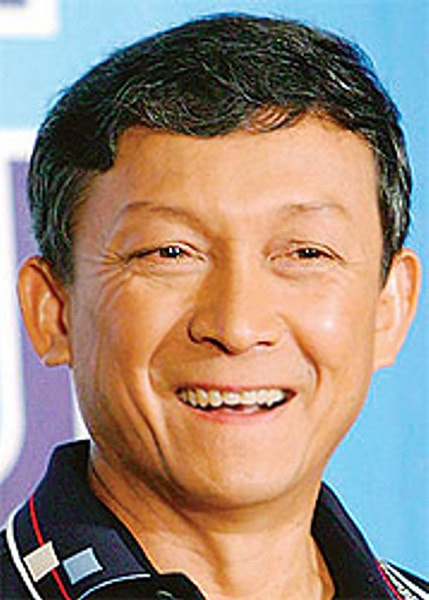

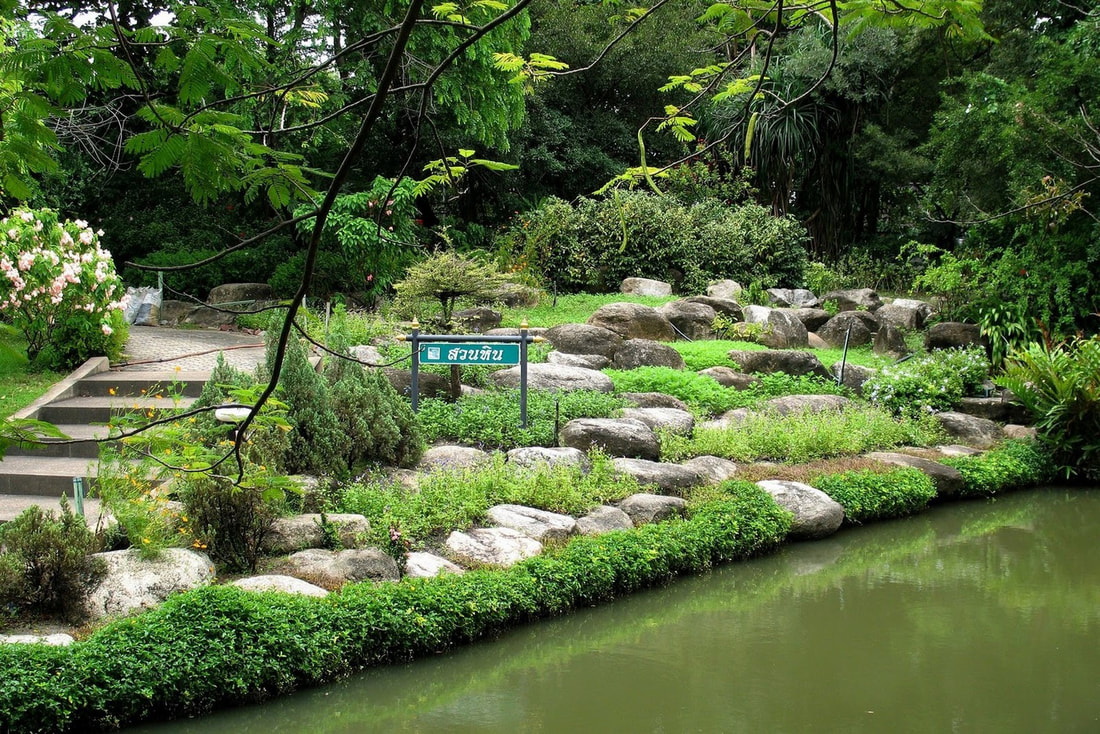
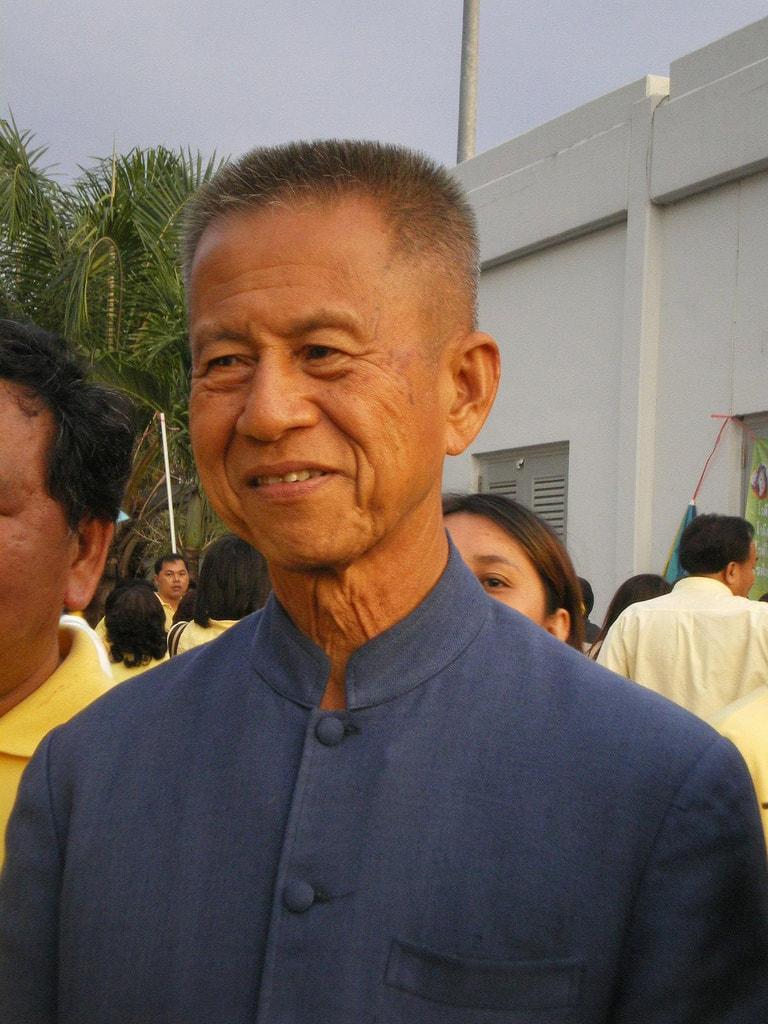
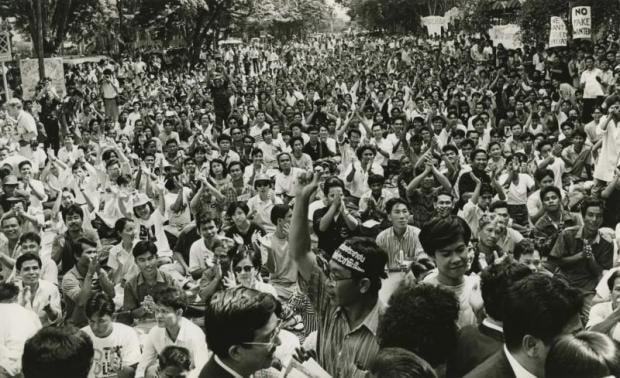
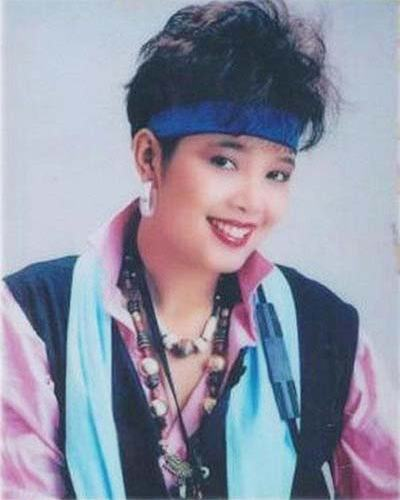
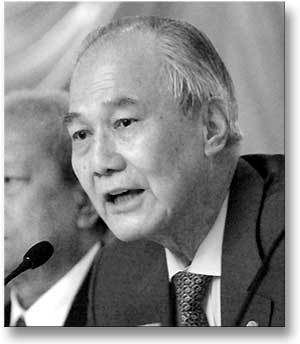
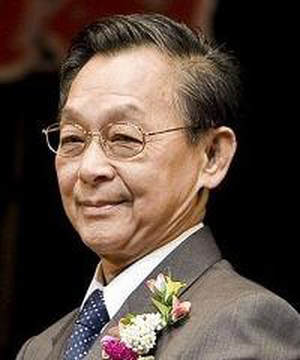

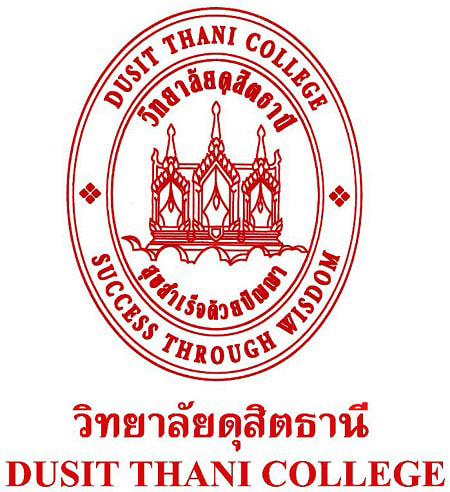
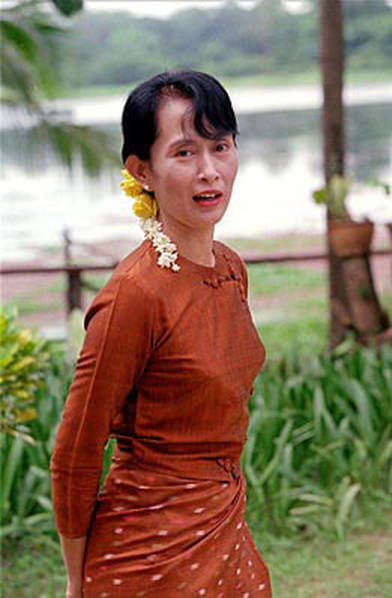
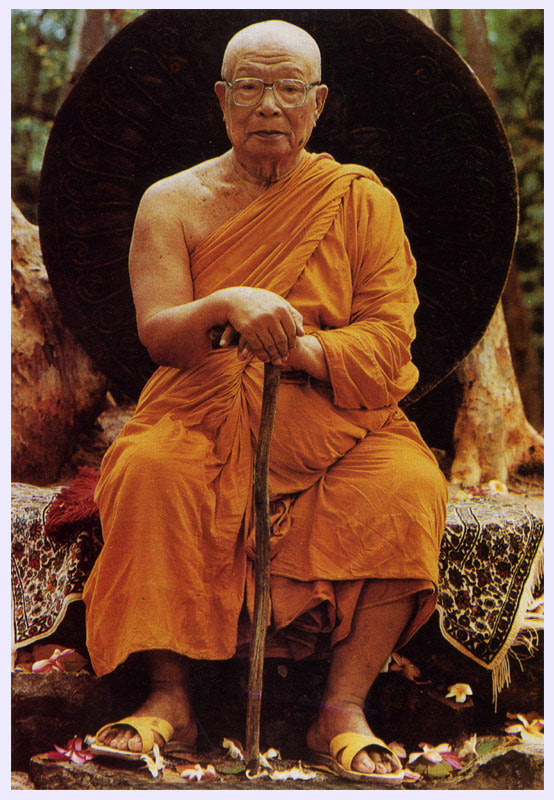
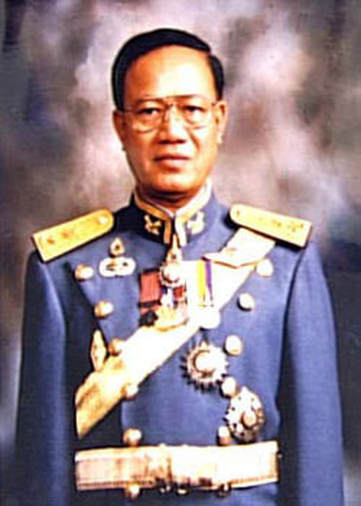

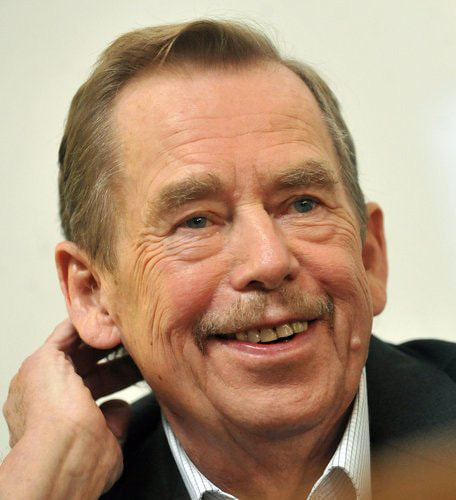
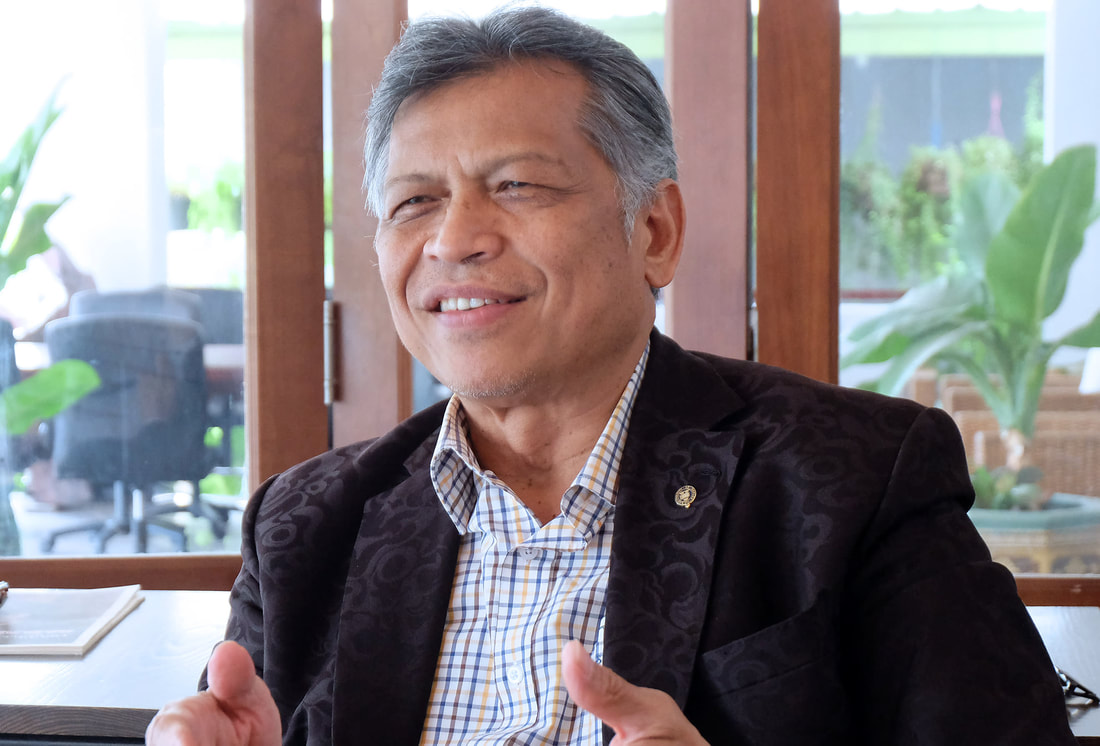
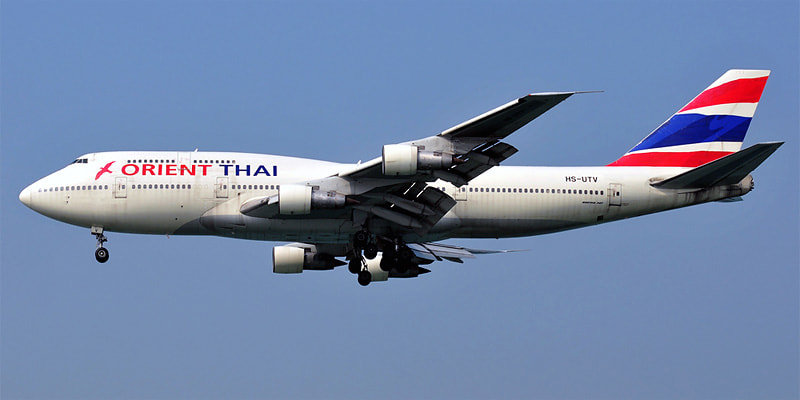
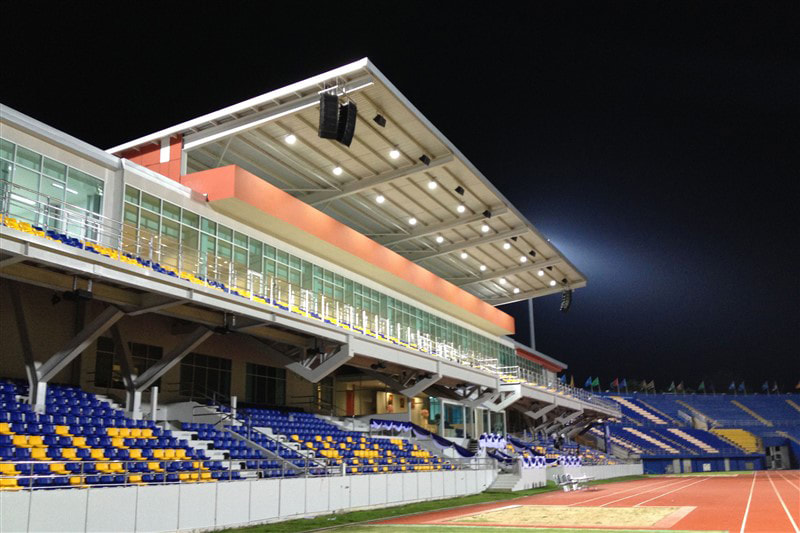
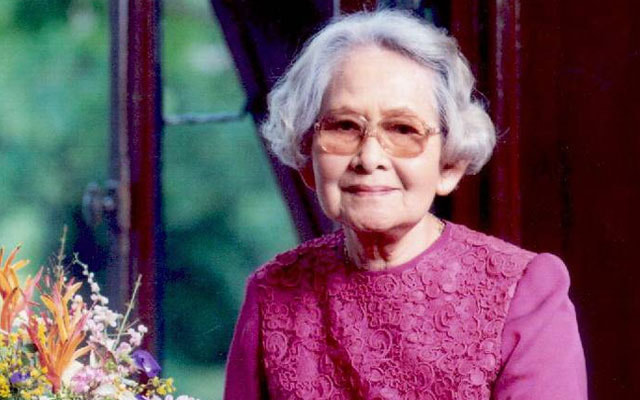
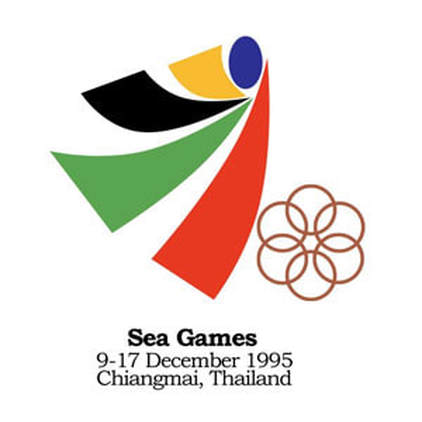
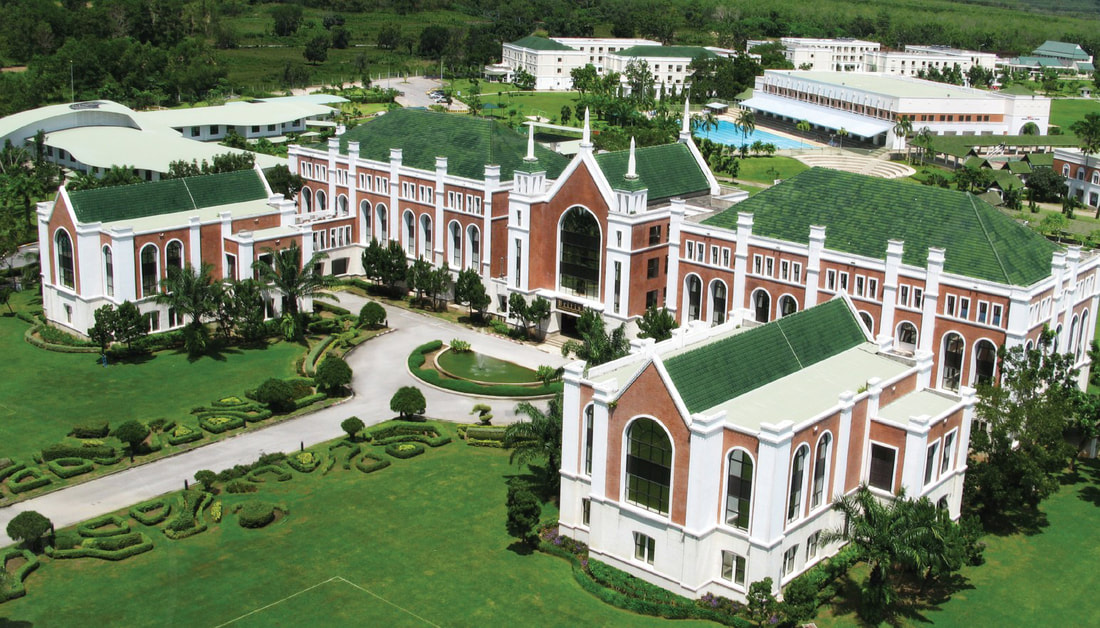
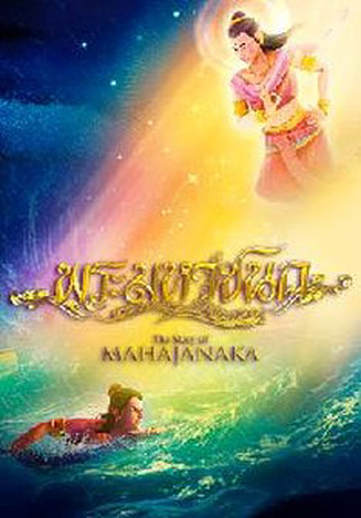
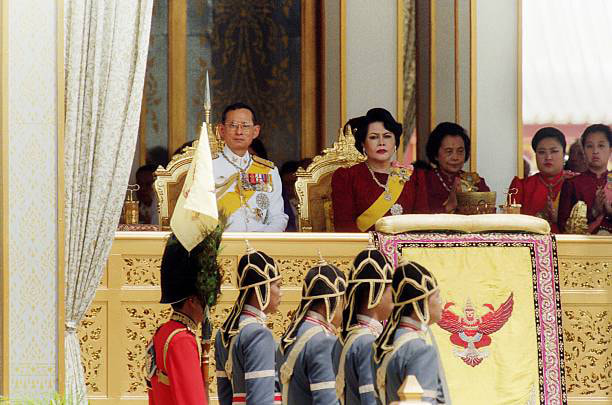
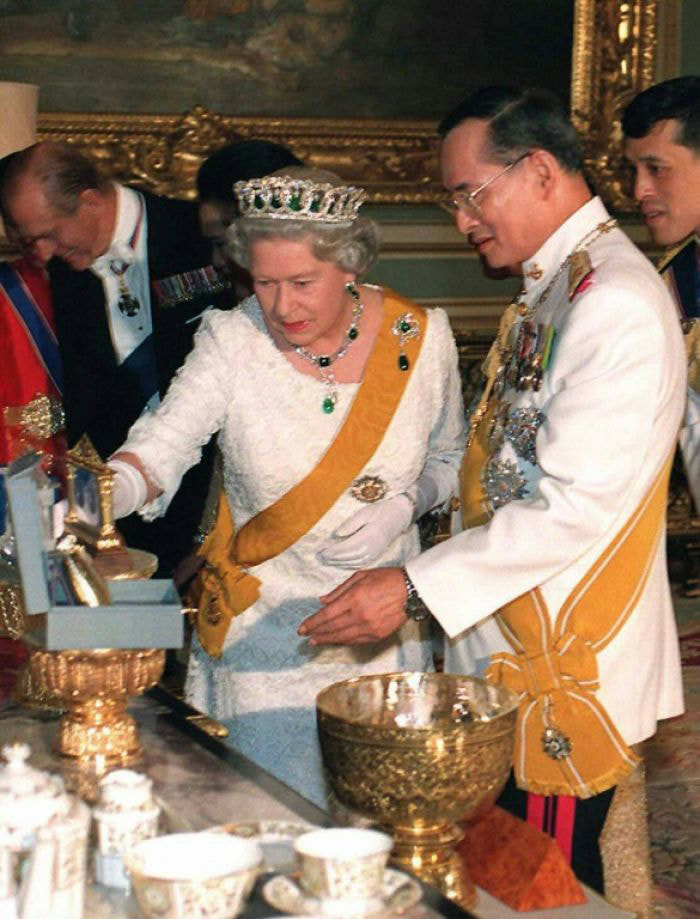
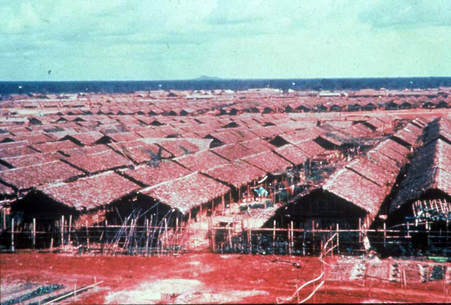
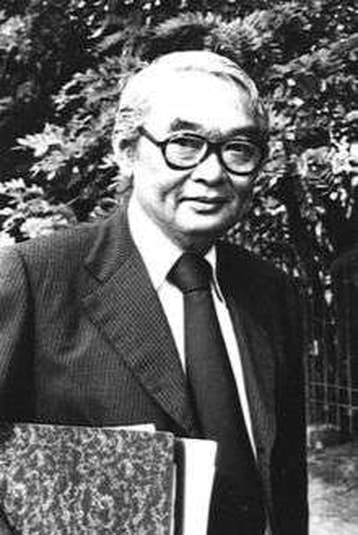
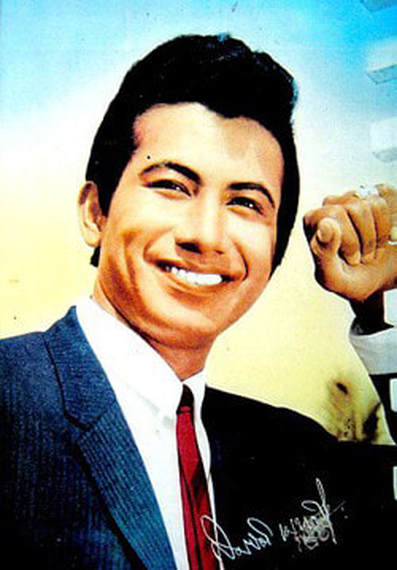
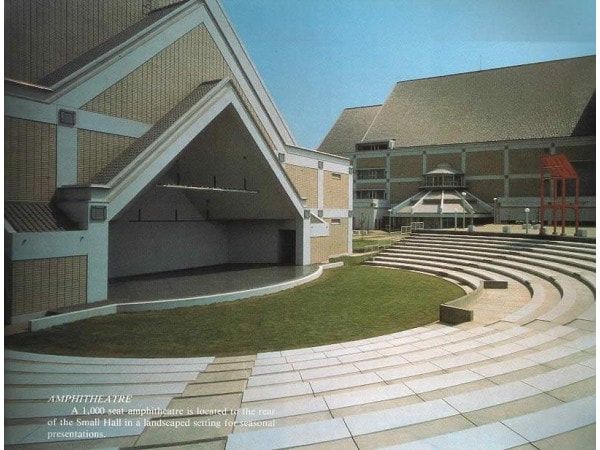
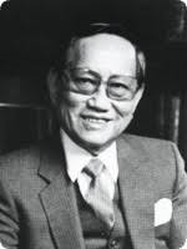
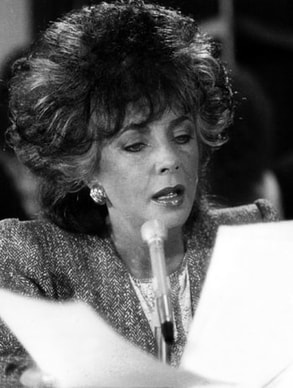
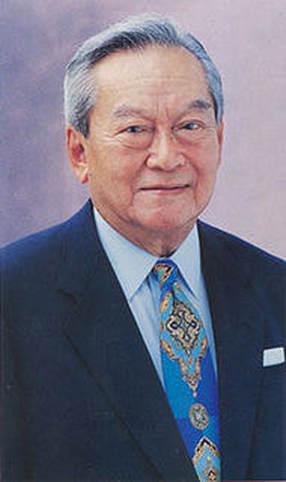
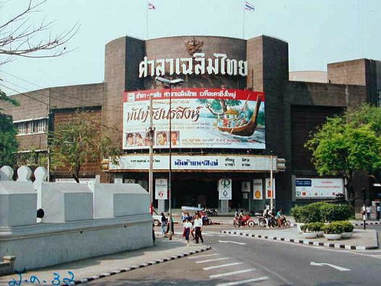
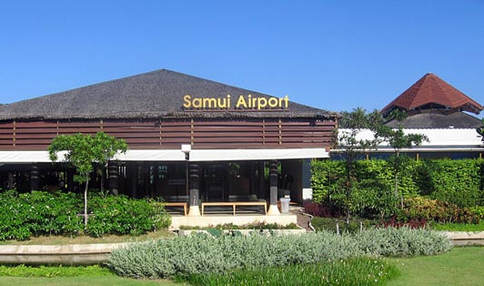
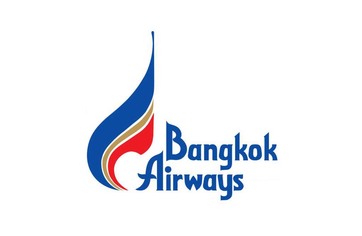
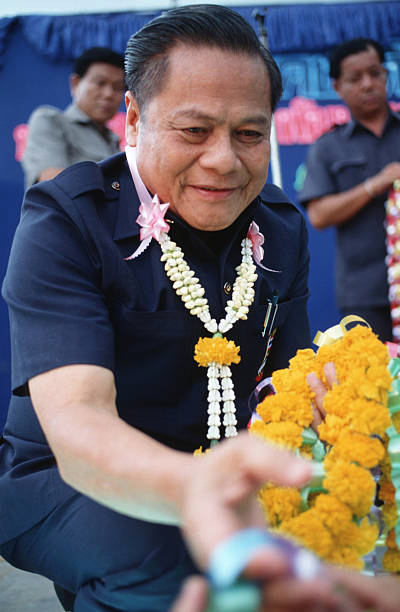
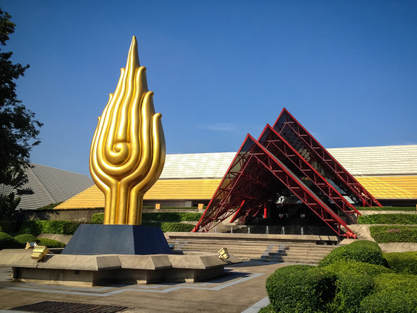
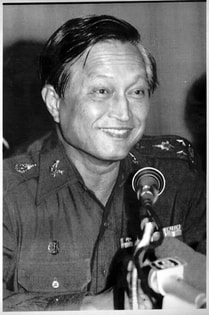
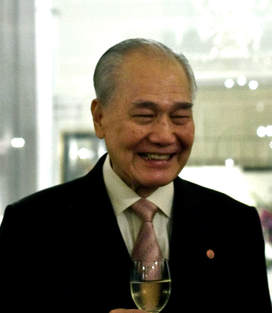
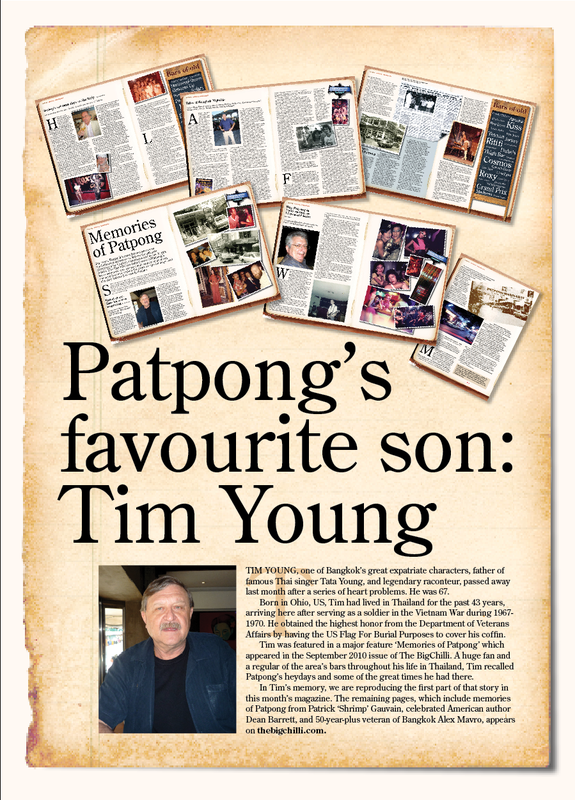
 RSS Feed
RSS Feed



